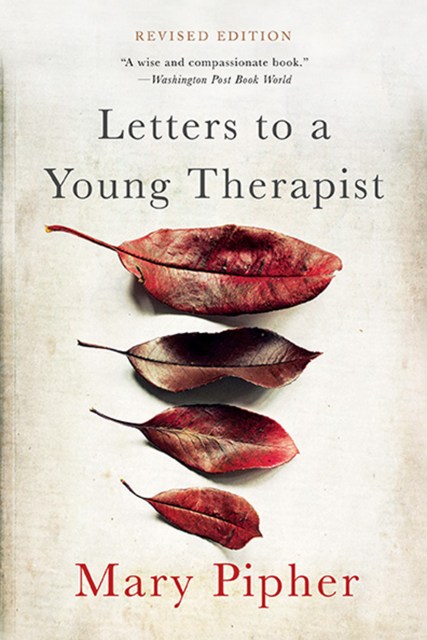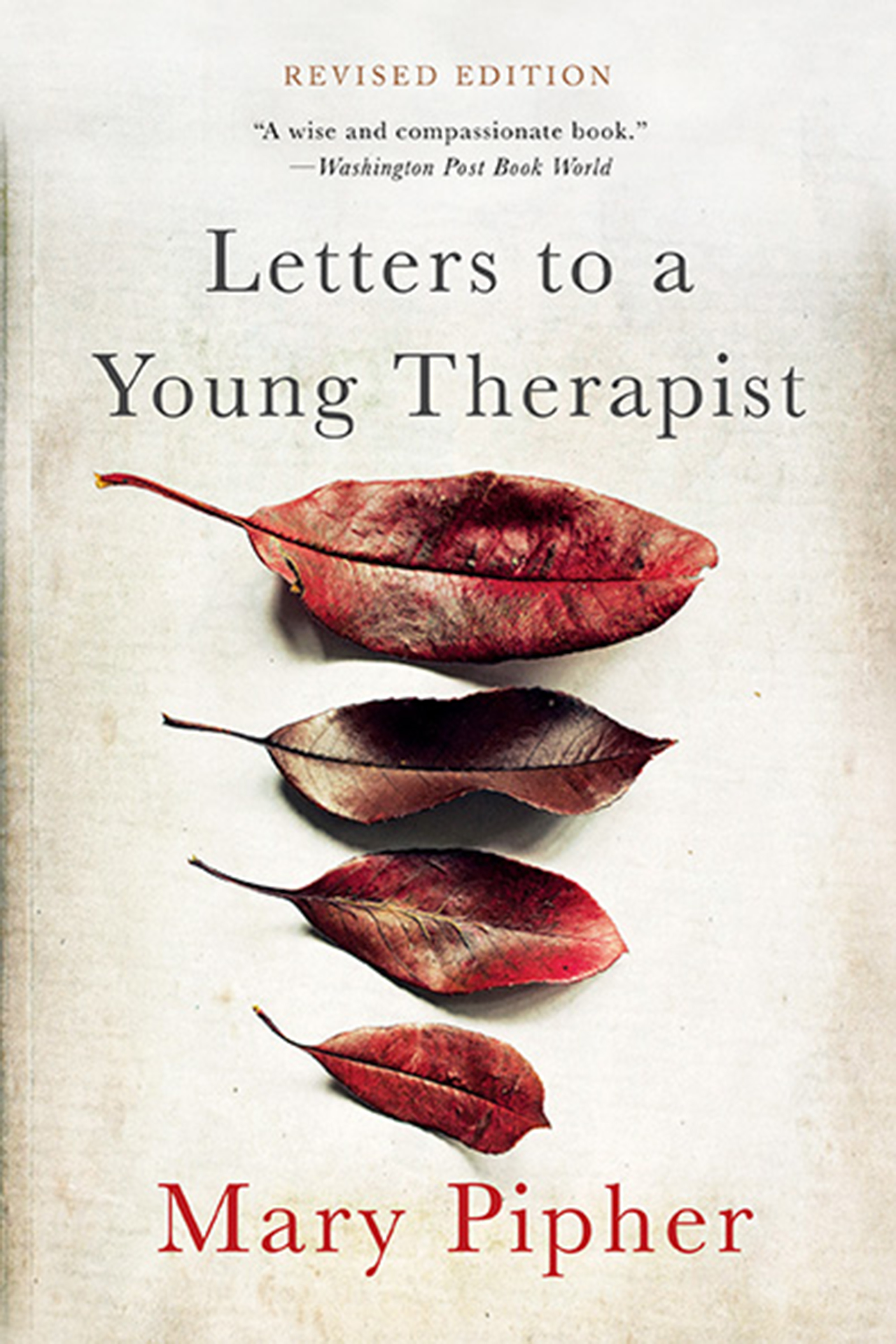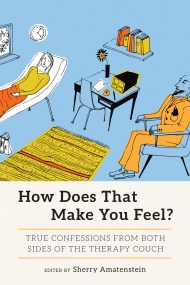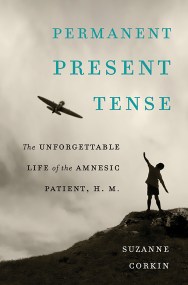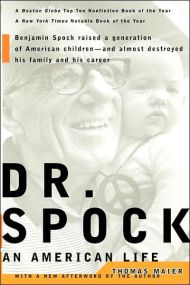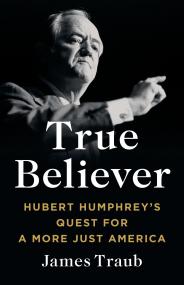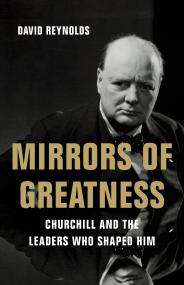Promotion
Use code MOM24 for 20% off site wide + free shipping over $45
Letters to a Young Therapist
Contributors
By Mary Pipher
Formats and Prices
Price
$13.99Price
$17.99 CADFormat
Format:
- ebook $13.99 $17.99 CAD
- Audiobook Download (Unabridged)
- Trade Paperback $18.99 $24.99 CAD
This item is a preorder. Your payment method will be charged immediately, and the product is expected to ship on or around February 9, 2016. This date is subject to change due to shipping delays beyond our control.
Also available from:
Long before "positive psychology" became a buzzword, Dr. Pipher practiced a refreshingly inventive therapy — fiercely optimistic, free of dogma or psychobabble, and laced with generous warmth and practical common sense. But not until now has this gifted healer described her unique perspective on how therapy can help us revitalize our emotional landscape in an increasingly stressful world. Whether she's recommending daily swims for a sluggish teenager, encouraging a timid husband to become bolder, or simply bearing witness to a bereaved parent's sorrow, Dr. Pipher's compassion and insight shine from every page of this thoughtful and engaging book.
Genre:
- On Sale
- Feb 9, 2016
- Page Count
- 224 pages
- Publisher
- Basic Books
- ISBN-13
- 9780465098958
Newsletter Signup
By clicking ‘Sign Up,’ I acknowledge that I have read and agree to Hachette Book Group’s Privacy Policy and Terms of Use
